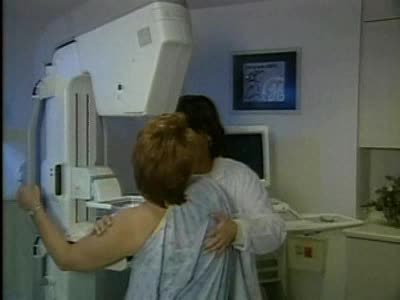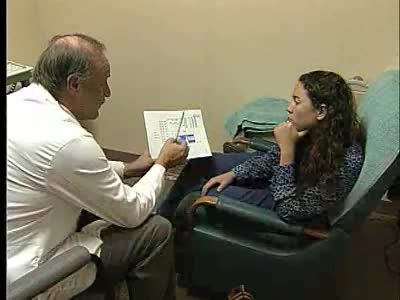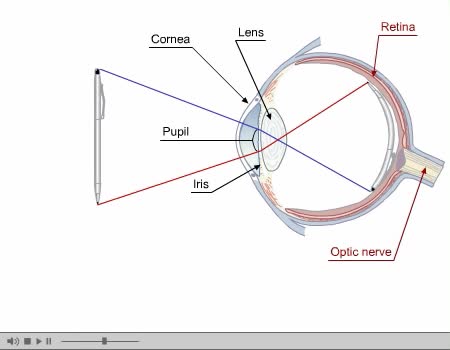Search Results
Results for: 'X-rays'
Electromagnetic Spectrum, Chlorophyll and Pigment & Light
By: HWC, Views: 10950
The sun gives off radiation that is called the electromagnetic spectrum. This is energy that travels as wavelengths and includes radio waves, X-rays and ultraviolet light. A portion of this radiation is known as visible light, and is the type of radiation that plants use to manufacture sugars. ...
Four Giant Convection Cells oF Earth
By: HWC, Views: 10425
Earth Has Four Giant Convection Cells Earth's climates range from dry and cold at the poles to wet and warm at the equator. These climates are dictated largely by the amount of solar radiation that a region receives. Solar radiation warms the Earth and the surrounding air, setting up convection c...
By: Administrator, Views: 14179
Arthroscopic surgery involves the surgery of a joint with the use of a flexible arthroscope and other surgical tools. In this example, the surgeon inserts the arthroscope to evaluate the damage to the knee joint and then uses instruments to perform the necessary procedure. Arthrography: Diagn...
By: Administrator, Views: 409
Mammography (also called mastography) is the process of using low-energy X-rays (usually around 30 kVp) to examine the human breast for diagnosis and screening. The goal of mammography is the early detection of breast cancer, typically through detection of characteristic masses or microcalcificat...
Magnetic resonance imaging (MRI)
By: Administrator, Views: 14239
Magnetic resonance imaging (MRI) is a medical imaging technique used in radiology to form pictures of the anatomy and the physiological processes of the body in both health and disease. MRI scanners use strong magnetic fields, magnetic field gradients, and radio waves to generate images of the or...
By: Administrator, Views: 14404
Eye Composed of special anatomical structures that work together to facilitate sight: Cornea Pupil Lens Vitreous body Light stimulates sensory receptors (rods and cones) in the retina or innermost layer of the eye. Vision is made possible through the coordinated actions of nerves that co...
Advertisement








